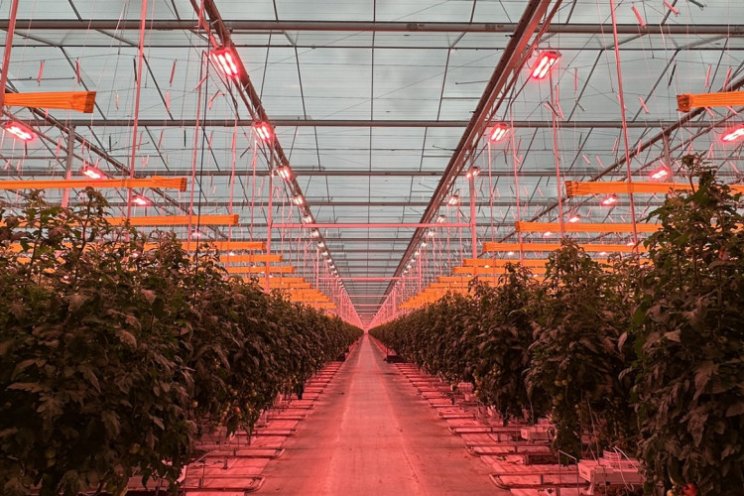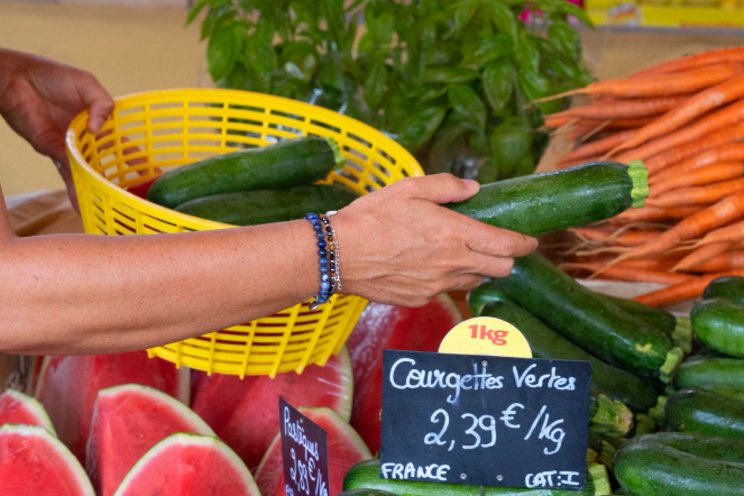Plant Nursery in Singapore: 6 benefits of keeping indoor plants
Added on 02 May 2021

Fuelled by the need to stay indoors due to COVID-19 and encouraged by aesthetic #indoorjungle pictures on Instagram, millennials lead the pack when it comes to plant parenthood. The explanation why is, perhaps, best encapsulated in this Bernie Sanders meme:
indoor-plant-nursery-singapore-meme
For those interested in rearing indoor plants but need the push to start, here is a list of benefits that will hopefully convince you to head to the nearest plant nursery.
1. Nurturing Plants Can Give You Therapeutic Release
Humans have the innate need to nurture. To scratch that itch, some have pets, others have potted plants. Watching new leaves sprout and taking time to care for another living thing can be highly fulfilling.
Some medical clinics in Manchester have even 'prescribed plants' as 'treatment' to patients who exhibit signs of depression or anxiety.
2. Satisfying Your Need to Connect with Nature
When you see your plant-obsessed friend posting they've bought their 1000th plant on IG, they have not gone crazy. They could be fulfilling their biophilic tendencies.
Biophilia is defined as humanity's "innate tendency to focus on life and lifelike processes." We are drawn to and have an affinity for nature. We incorporate biophilic design into our homes by growing indoor plants and sate our desires to be close to nature. In turn, this translates to a host of benefits.
3. Cleaning Your Indoor Air with Indoor Plants for Better Air
Air-purifying plants can absorb volatile organic compounds (VOCs), which are harmful indoor airborne toxins. VOCs come from everyday household items such as perfumes, cleaning agents and air fresheners. By filtering our air and releasing oxygen, plants can improve the air quality of our homes.

ndoor-plant-nursery-singapore (2)
The snake plant (dracaena trifasciata) is a plant that helps purify the air
4. Looking at Houseplants Can Reduce Stress and Mental Fatigue
It's no secret being outdoors in nature can help decrease cortisol levels, the body's primary stress hormone. But did you know having plants at home could reduce psychological and physiological stress too?
The next time you feel overwhelmed, try taking 20 minutes to tend to your plants and give your eyes a break from staring at computer screens. Additionally, this deliberate act of slowing down can reduce mental fatigue.
5. Having Indoor Greenery Can Improve Your Mood
Specifically, looking at green plants can improve your mood and perceived comfort levels. If you're not ready to commit to a full-on plant jungle, placing a few potted plants throughout your home works too. Plus, indoor plants are an affordable, renter-friendly way to add warmth and homeliness to your living space.
6. Having Plants in Your Home Office Can Increase Your Attention Capacity
While the Singapore government has announced up to 75% of staff can return to their workplace at any one time, flexible work from home arrangements are likely here to stay. Having a houseplant in your workspace can increase your attention capacity. By extension, your productivity is likely to improve.
But keeping a photograph of a plant or a plastic plant on your desk doesn't have the same effect. One more reason to head to the plant nursery!

indoor-plant-nursery-singapore (3)
Anthuriums and philodendrons are some popular 'It' plants
Plant Nursery in Singapore
Before you buy, assess your home environment to determine what types of houseplants will thrive in it. First-time plant parents might want to pick hardy indoor varieties such as the 'monstera deliciosa' and ZZ plant. Those who want to give urban farming a go can head to plant nurseries for herbs and other edibles.
Click here to read the complete article.
Source: Yahoo Finance
More news
















